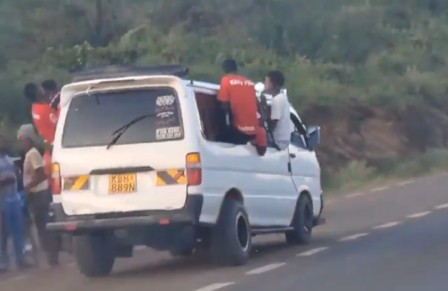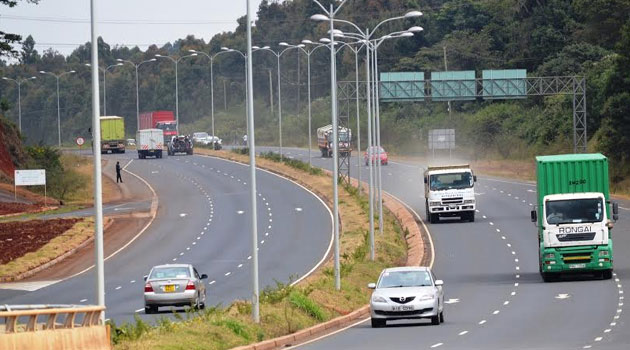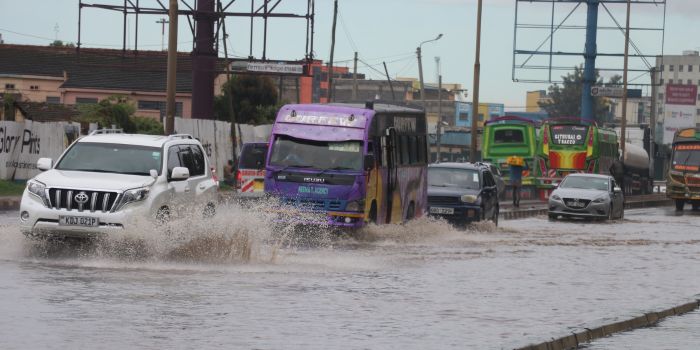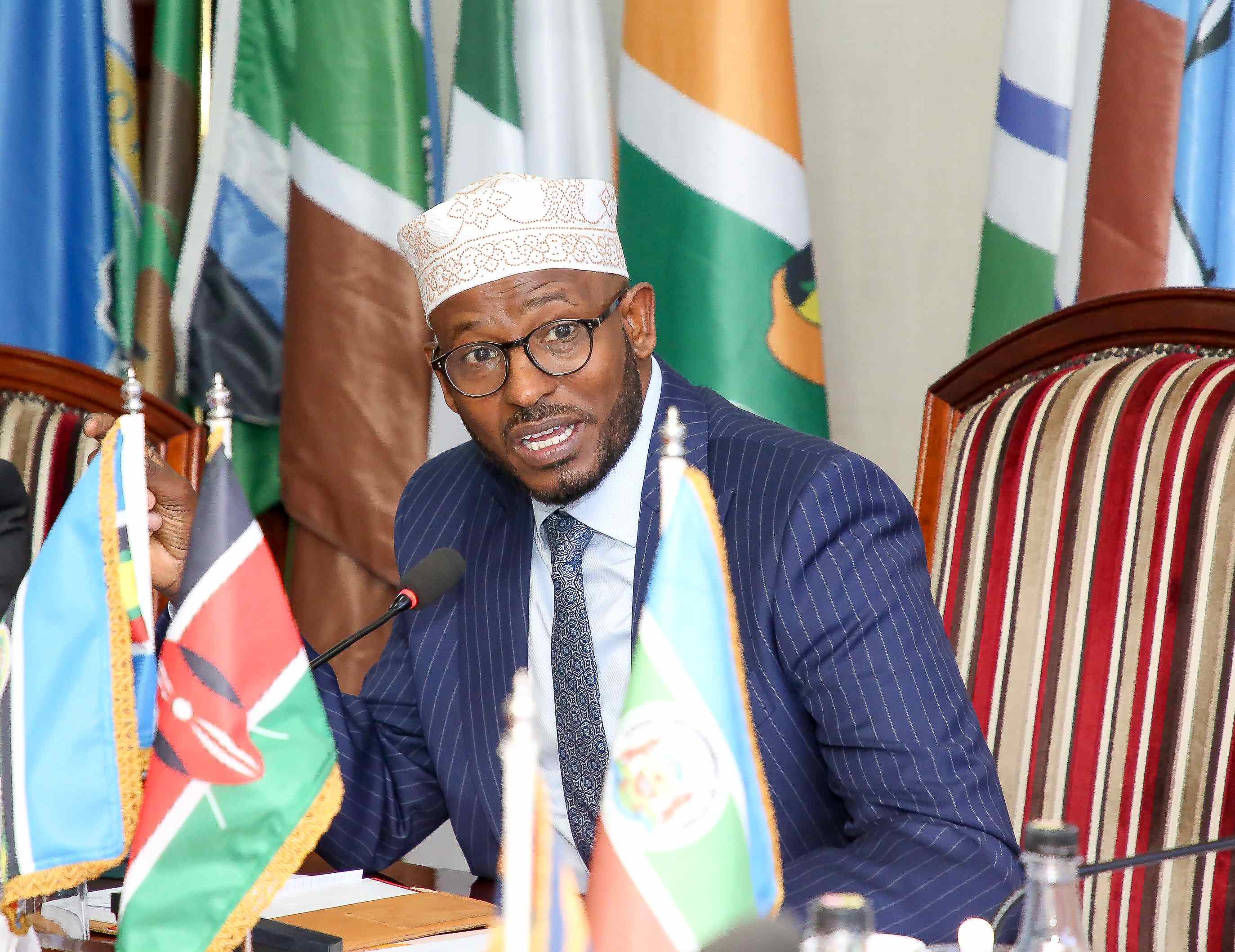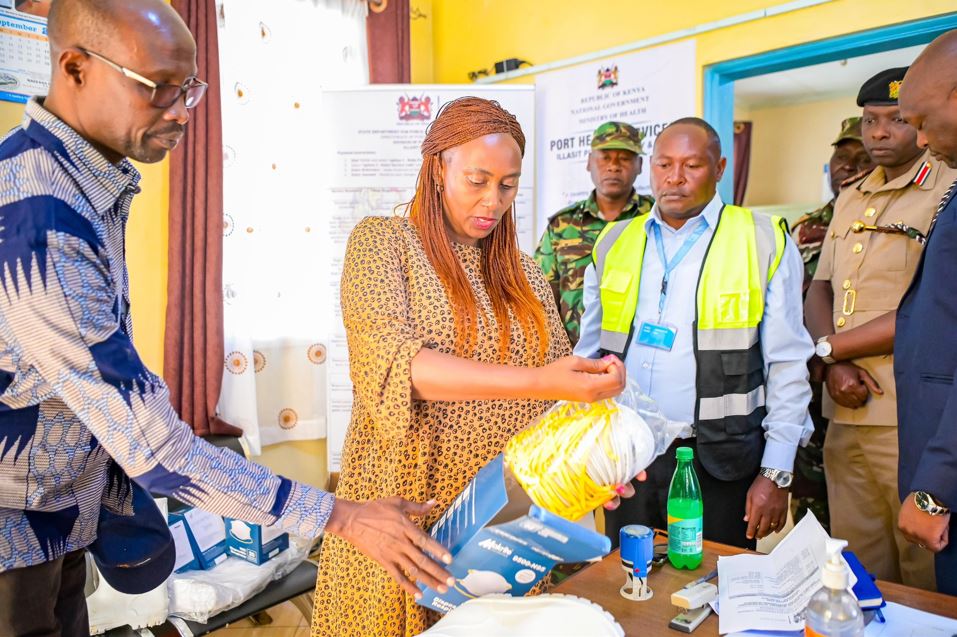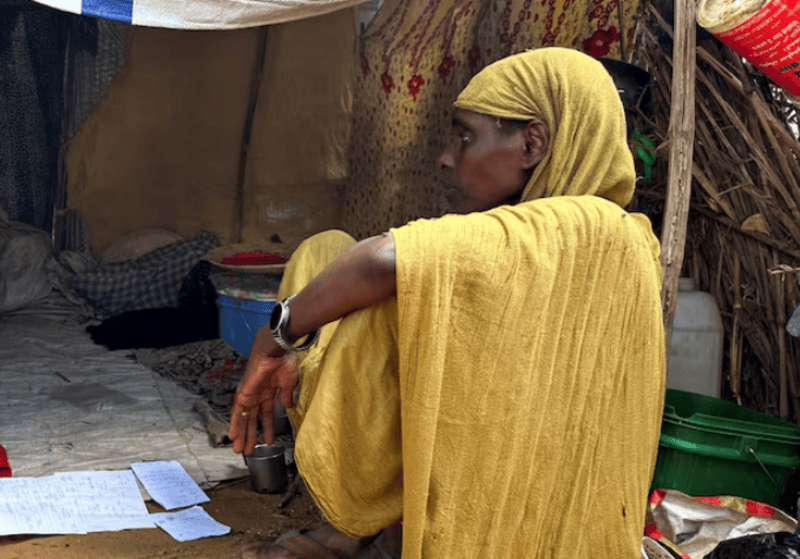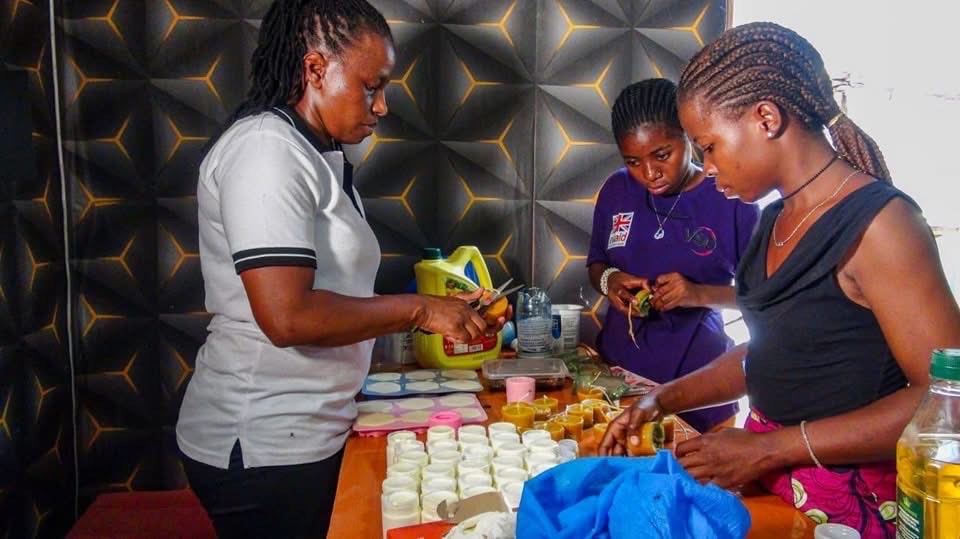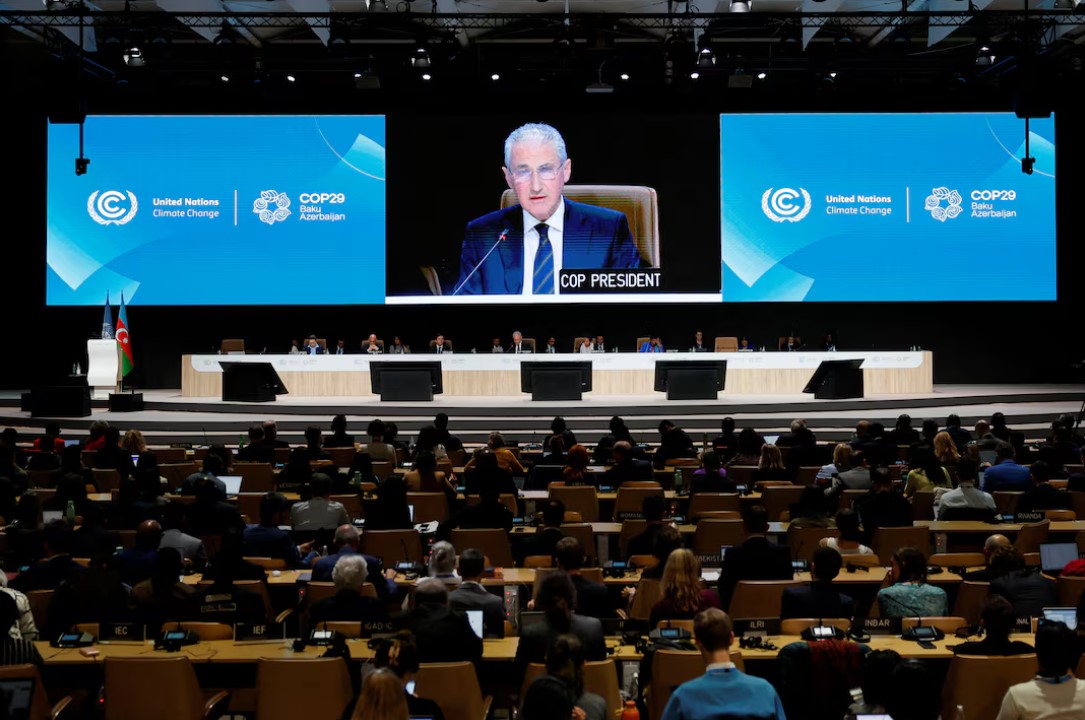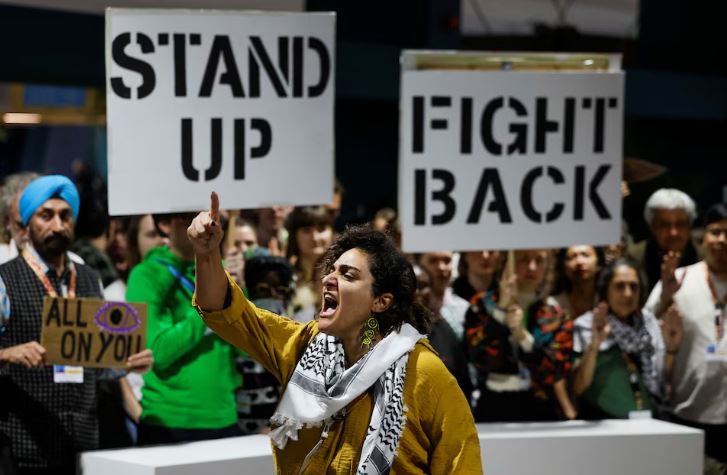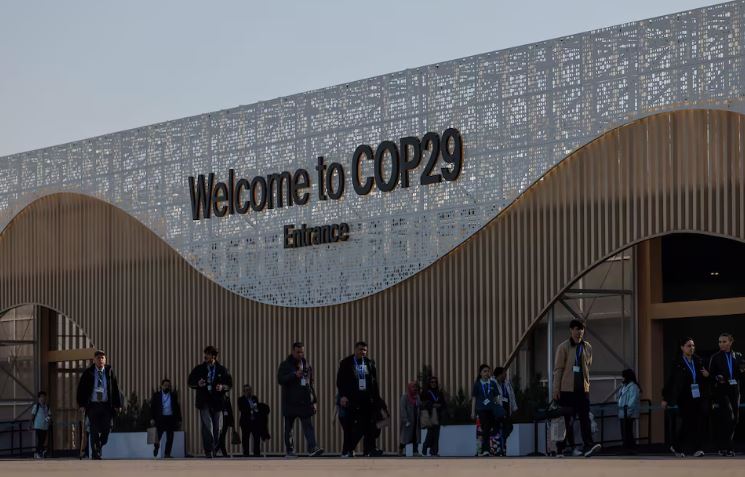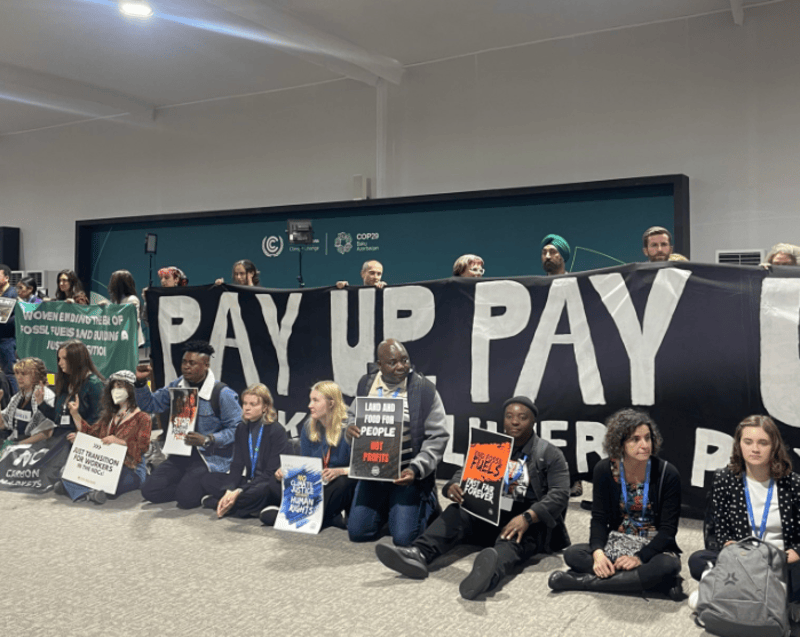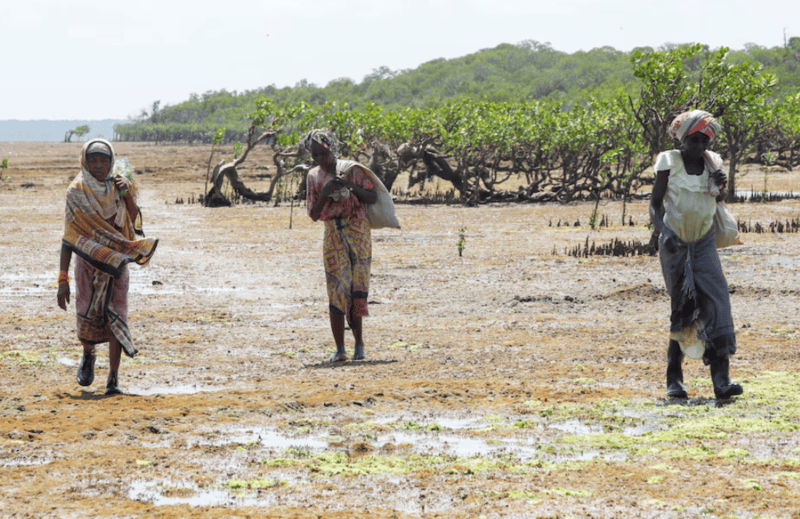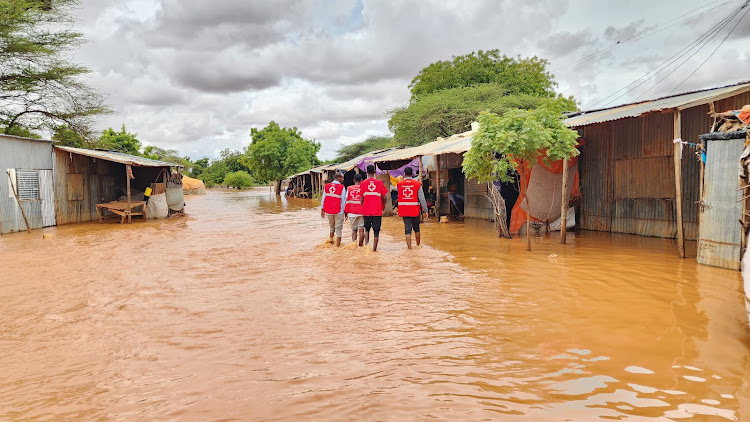Refugees decry lack of adequate climate funding in most vulnerable regions
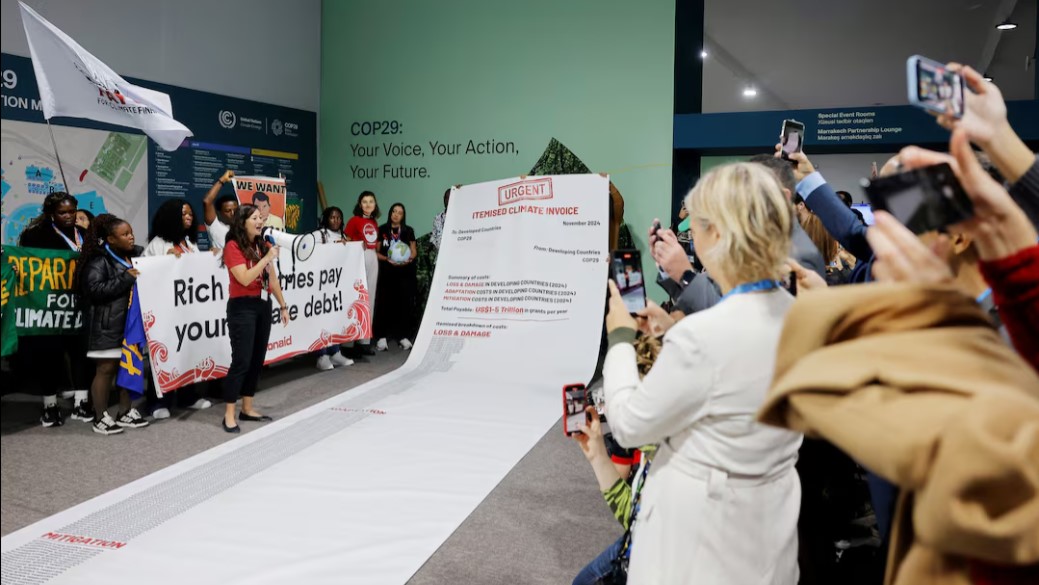
By Alfred Onyango |
Africa is one of the most affected regions by climate change and its current and historical greenhouse gas emissions are minuscule at the global scale.
Refugees and advocates from conflict-ridden and fragile states have raised concern over the glaring disparity in climate financing, lamenting that refugees, one of the most vulnerable populations, are less prioritised.
Through a study report presented by their umbrella body, the United Nations High Commissioner for Refugees (UNHCR), at the ongoing COP29 in Baku, they argue that climate funding overwhelmingly favours middle-income countries.
Keep reading
- COP29 aftermath: Youth call for manageable goals to meet Africa's climate needs
- International court to begin hearings that may shape climate change litigation
- UN talks on plastics pollution treaty push for breakthrough as deadline looms
- Fire-related air pollution claims over 1.5 million lives annually - study
This is compared to developing nations in Africa for instance, which are reportedly among the most affected regions by climate change, and home to around 30 million internally displaced persons, refugees and asylum-seekers, representing almost one-third of the world's refugee population.
The United Nations Economic Commission for Africa (UNECA) reports that 17 of the 20 countries most at risk from climate change are located in Africa, highlighting the continent's heightened vulnerability.
In the submissions, UNHCR acknowledged that while there is a significant funding gap between somewhat established and developing nations, some funds, though inadequate, do reach the latter.
It, however, raises concern about how and why 90 per cent of the funds are concentrated in capital cities, leaving rural areas and smaller communities, mostly hosting refugees, with little to no resources.
Fragile states
The report pictures the situation to be even worse by highlighting the huge existing gap in adaptation funding for fragile refugee-hosting states and the non-fragile states.
At present, the agency says extremely fragile states receive only around $2 (Sh259) per person in annual adaptation funding, an astounding shortfall when compared to $161 (Sh21,850) per person in non-fragile states.
Most recently, through March and April 2024, unusually heavy rains linked to the El Niño weather phenomenon fell across East Africa, causing rivers to burst their banks, dams to collapse, and sewerage and wastewater systems to be overwhelmed.
Homes and possessions, schools, and other buildings were washed away or damaged by the flood waters, leaving people destitute and homeless.
Some of the worst damage happened in the poorest, most congested parts of towns where infrastructure is fragile, drainage inadequate, and homes are fragile, as well as in refugee and displacement camps.
Data by the agency shows more than 637,000 people were affected in the region, with an estimated 234,000 of them displaced.
In Kenya, more than 23,000 refugees were displaced from their homes in Dadaab and Kakuma refugee camps.
Gaps in climate financing
Africa is one of the most affected regions by climate change and its current and historical greenhouse gas emissions are minuscule at the global scale.
However, the region received only 20 per cent of global adaptation finance flows, about $13 billion (Sh1.7 trillion) annually in 2021-2022, with reports indicating it as insufficient.
The report by UNHCR reiterates that despite being among those most affected by the impacts of climate change, refugees and host communities in fragile and conflict-affected countries are not being reached by climate financing that could help them adapt.
It says 90 per cent of climate finance is going to middle-income, high-emitting countries while only two per cent goes to extremely fragile countries.
"This represents a profound injustice. It is, therefore, extremely important that development actors take more risks, making sure that climate action includes the most fragile parts of the world," the report says.
The refugee agency is also urging states to protect forcibly displaced people who face the additional threat of climate disasters and to give them and the communities that host them a voice in finance and policy decisions.
Reader comments
Follow Us and Stay Connected!
We'd love for you to join our community and stay updated with our latest stories and updates. Follow us on our social media channels and be part of the conversation!
Let's stay connected and keep the dialogue going!

